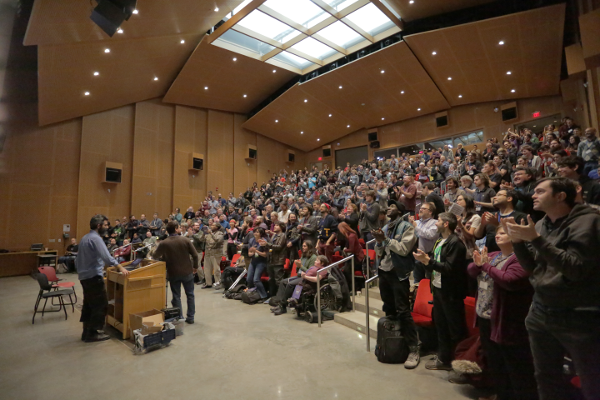Licensing resources series: A Quick Guide to GPLv3
mercredi 15 juin 2016 à 15:28One of our main goals here in the Free Software Foundation's Licensing & Compliance Lab is education. Over the years we have created a wide breadth of tools and resources to help users and developers understand free software licenses and related legal issues. We've been doing this for so long that some resources, published some years ago but still very relevant, aren't consulted as often as they could be. With all these great tools available, we thought it would be good to take some time to highlight individual resources that you may not know about. With that, we are starting a regular series of articles, each promoting a particular tool or resource to help you understand the legal side of free software.

In this inaugural edition, we'd like to share with you A Quick Guide to GPLv3. Released around the launch of the GNU General Public License version 3, the guide walks you through a basic understanding of many of the changes made from previous versions. From fighting back against Digital Restrictions Management to smoothing the process of returning to compliance, GPLv3 has quite a few improvements in the way it protects and promotes the rights of users. With so many projects upgrading to GPLv3, it's important to know how it differs from the GPLv2. The guide goes over all the major changes, and even comes with a beautifully constructed PDF version that you can print out to share at conferences or meetups.
The guide finishes by highlighting more resources to help you understand what was new in GPLv3. The Licensing & Compliance Lab provides a wide variety of tools on this and many other topics, so keep a look out for the next edition of our licensing resource series.
- You can keep up to date on this series and more free software news by subscribing to our newsletter, the Free Software Supporter and subscribing to our RSS feed.
- You can help fund our work in creating these licensing resources by becoming a member or by making a donation.

